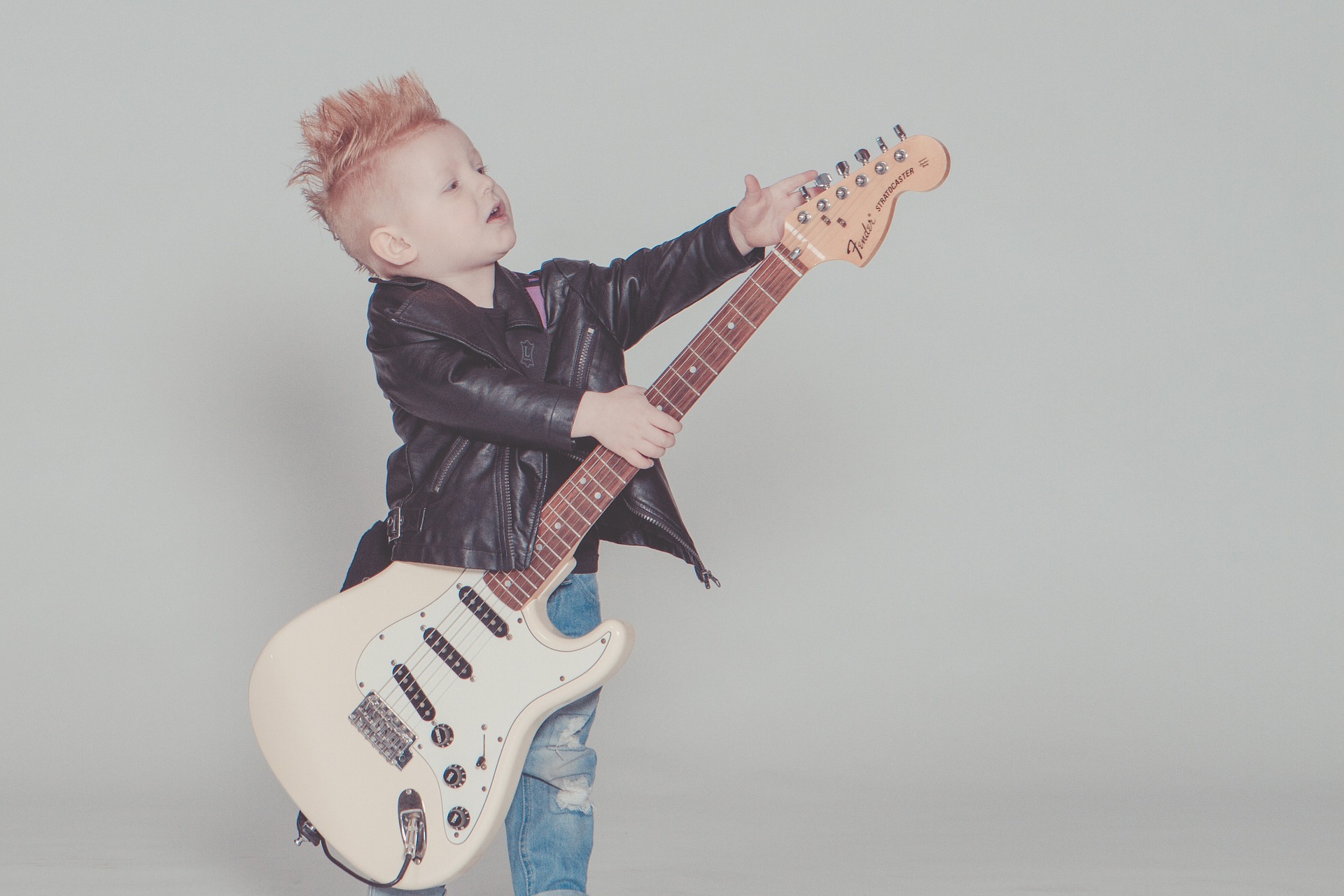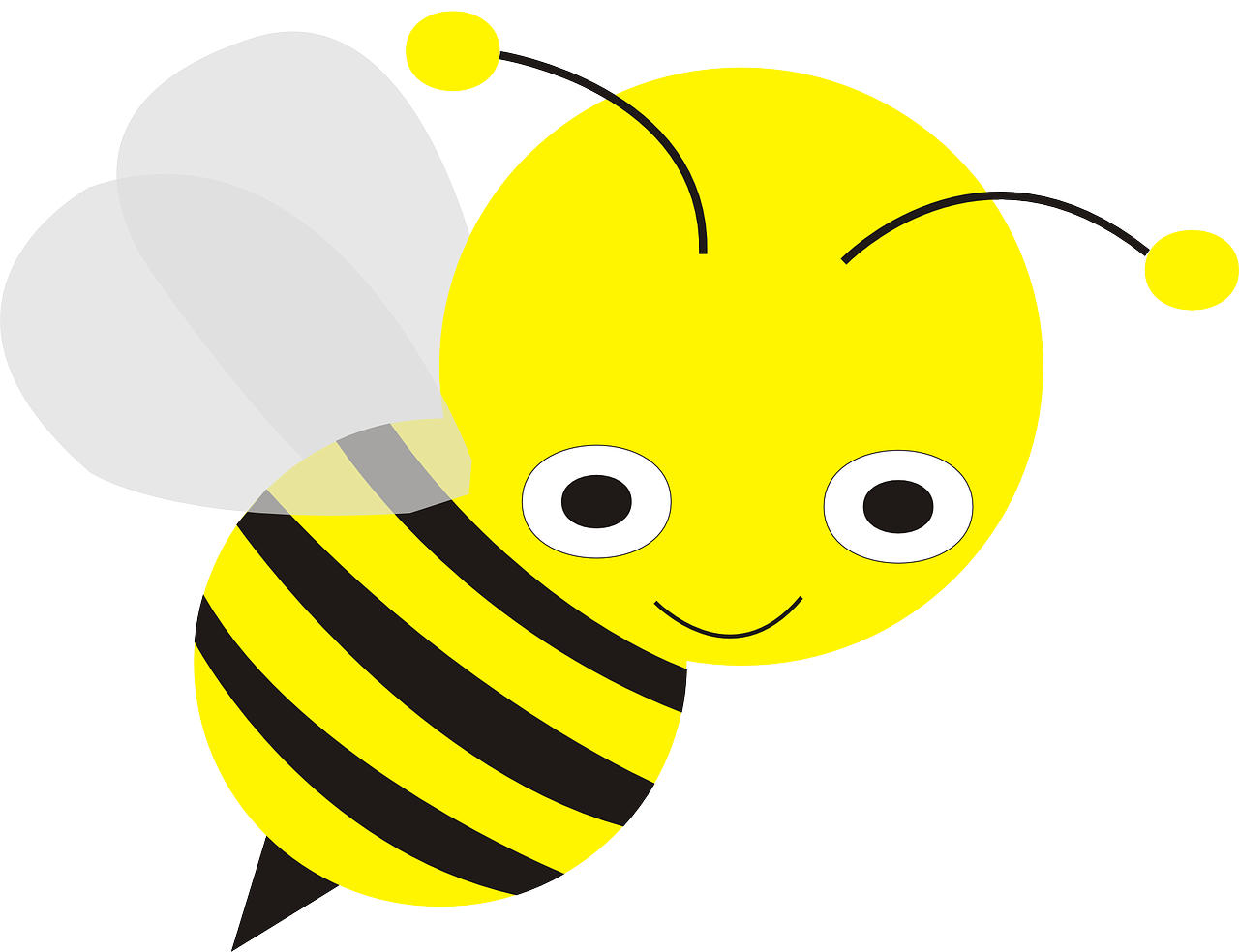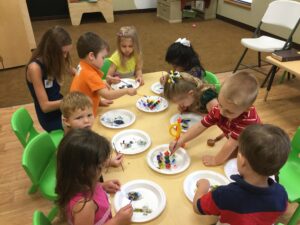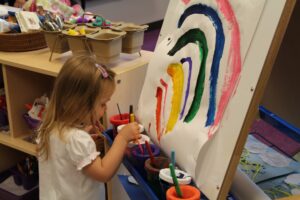
by Christina Lorenzen
The Love of Music
We may not all love the ballet, opera or an afternoon at a museum, but you would be hard-pressed to find someone who doesn’t like music. With so many kinds to choose from, from classical to hip hop to classic rock, there’s something for every taste. It’s long been said that “music soothes the savage beast” and many of us find ourselves soothed by our car radios on the way home from a long day of work. Music not only has the power to relax or energize us, it also has been shown to make children smarter.
Early Childhood
Early childhood specialists have conducted tests and concluded that preschoolers who received music lessons for several months showed specific advantages over their playmates who did not. Tests showed these children had improved dramatically in their abilities to color patterns of color, draw geometric figures and figure out mazes. These skills reflect spatial intelligence which is the foundation for complex types of reasoning needed in math and science.
BENEFITS of Music for very young children/preschoolers:
1. Promotes large and small motor skills development.
2. Cultivates concentration and focused listening.
3. Fosters early vocal development and enhanced social abilities.
4. Encourages parent/child bonding
It’s been proven that music stimulates all areas of a child’s developing brain.
Early musical exposure has been linked to superior motor abilities. It has even been shown to affect social abilities positively. Hands-on participation in music, especially during the brain’s crucial developing years of ages 3-10, is especially valuable. During the ages of 3-10, the areas of the brain responsible for higher thinking abilities are developing. What does all this really mean? Simply put, music is a healthy and natural opportunity for your child to express him/herself while promoting the positive development of the whole child – socially, physically and emotionally.
Dwindling School Programs
Unfortunately, with school funding dwindling each year, many schools have small music programs with limited room for children to participate. Many schools have cut their music programs altogether, taking away more than just the fun of playing from their students. If your child’s school does not offer a music program, check with a local music store/school and reap these rewards from your investment:
BENEFITS of Music for older, school-age children:
1. aids academic aptitudes in mathematics, science and the arts.
2. increases scholastic participation.
3. teaches the value of achieving goals
4. bolsters self-image and self-assurance.
5. inspires self-sufficiency and appreciation for teamwork.









